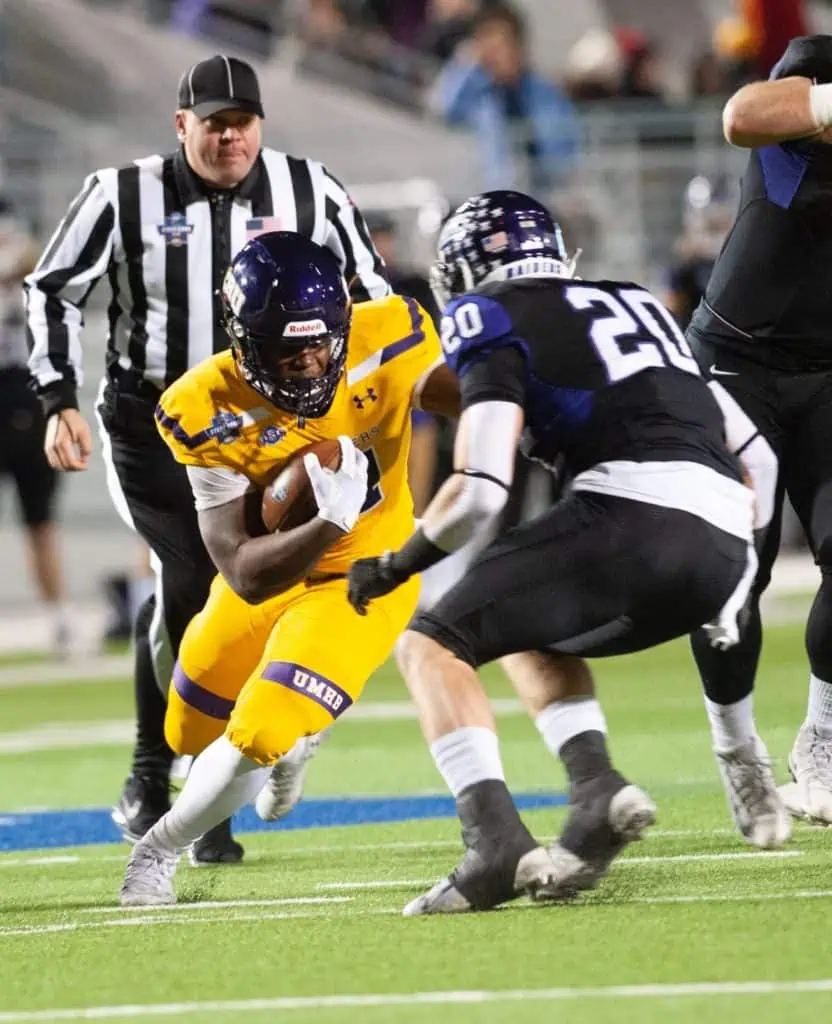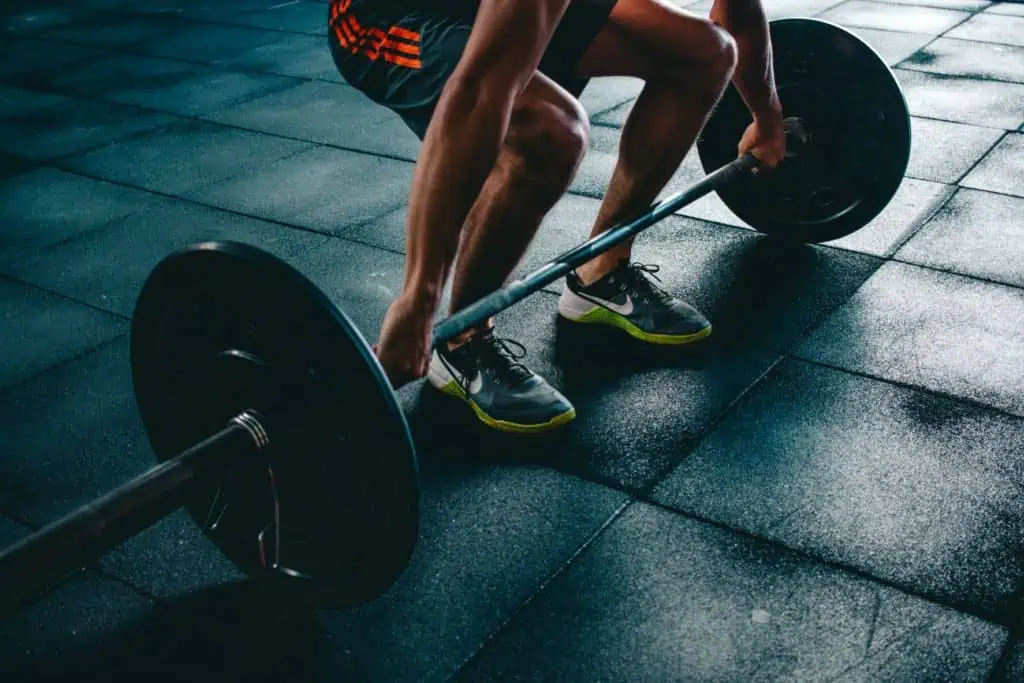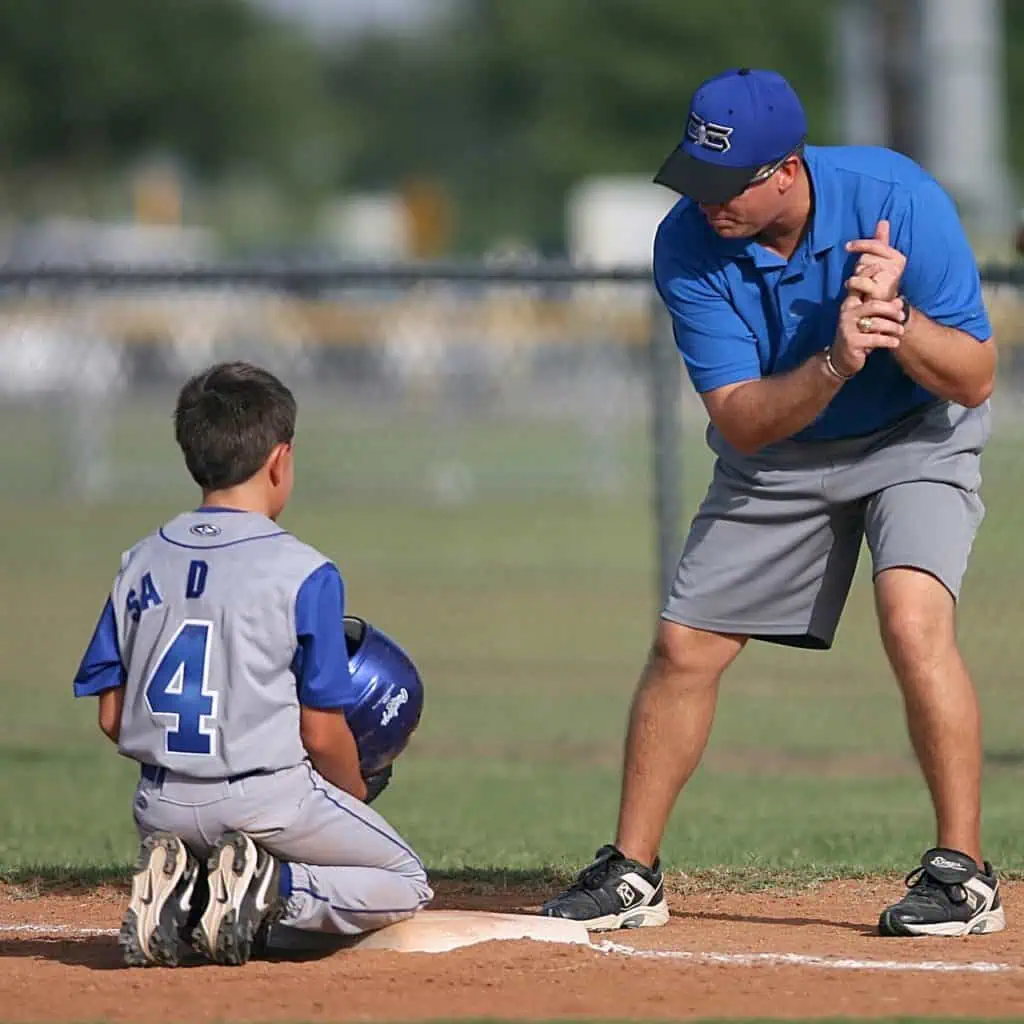Acknowledging the significance of sport and exercise psychology is critical to success. Whether it be on the field, in the pool, or on the court, or elsewhere Sports Psychologists can help you perform.
Listen In
Unfortunately, sports psychology can seem intimidating to coaches. They may dismiss the process as “too difficult.” Other coaches use the services of a sports psychologist Sarasota to support their players. Still, they are missing out on some of the essential advantages of a holistic coaching approach to training. This article teaches sports psychology. It also discusses how sports coaches may effectively include psychological factors into their training and competition days.
What is Sport Psychology?

Sports psychology studies how the mind affects an athlete’s ability to succeed in their chosen sport.
It is defined as follows-
The principles of sport psychology cover a number of areas including the following:
- Athletes learning preferences
- Their personality type
- Developing states of relaxation and concentration (both narrow and broad focus)
- An athlete learns to visualize a successful performance
- Understand and overcome their limiting beliefs
- Development in the athlete high levels of self-awareness
Athletes may enhance their performance with the aid of sports psychologists. Sport psychology consultant near me often include working with players to improve their motivation, stress management, visualization skills, teamwork, and other psychological elements that influence athletic performance.
You might utilize results from several areas of psychology, such as cognition (how people think and make choices), interpersonal connections, and behavioral psychology, to assist teams and athletes in reaching their full potential and success.
Why is Sport Psychology Important?

Athletes and coaches alike have been aware of the relevance of sports psychology for decades, yet they tend to overlook how it may help them perform better. Many coaches and players continue to emphasize the physical aspects of sports performance, ignoring the importance of the non-physical aspects of sports success. There is a growing focus on scientifically validated physical training programs and equipment and method biomechanics analysis. Sport’s physical and mental parts are essential, but they become much more important when paired together.
In many areas of sports psychology, coaches may become very successful themselves, which is beneficial to their players and teams alike. A comprehensive training program may also have the added advantage of being more powerful than a one-time intervention. On the other hand, athletes must contend with several clinical psychological difficulties. Having an eating disorder or any major psychological problem is one such example. Therefore, to benefit their athlete, It is highly recommended that coaches seek expert assistance.
When it comes to sports psychology, what can a coach do to influence their players’ performance?
The most important aspects of Sport Psychology for Coaches

First and foremost, you should concentrate on the connection you have with your players. To achieve sports success, the coach-athlete connection must be nurtured, and more and more research is being conducted to demonstrate that this should be a focal area in sport. For example, according to research conducted by the Canadian Olympic Committee, a good coach-athlete connection was the most important factor to a medal-winning performance or a personal best performance in the Beijing Olympics.
It is important to note that there is a distinction between physical training and your connection with your athletes. Physical training may be difficult labor that is accompanied by pain and sweat. Conversations, observation, and learning about one another are important parts of improving one’s relationship.
One of the most important components of Sport psychology consultant near me that falls within the purview of the coach’s responsibility is to comprehend their athlete’s behavioral patterns as well as their unique personality. This is something that all coaches already do to some degree. This is something that the finest coaches do on a deep level. Getting to know an athlete provides a window into how to interact with them, create a productive atmosphere for them, and aid them in building on their strengths and overcoming their limitations.
Several non-confrontational tests are available that may supply coaches (and players) with all of the information they want to have a better understanding of each of their athletes, making the process a straightforward one. The AthleteDISC and CoachDISC profiles, among other things, are made accessible specifically for this purpose.
How to Become a Sports Psychologist
Ask yourself whether sports psychology is a good fit. Then, to get your profession off the ground, you’ll need to follow these steps:
Obtain an undergraduate degree in psychology or a related field

A bachelor’s degree is the initial step toward fulfilling the academic requirements. A bachelor’s degree in sports psychology isn’t required, although having a strong foundation in the discipline might be beneficial to students. Learn how psychological variables impact sports performance and boost this performance while decreasing anxiety through programs like National University’s Bachelor of Arts in Sports Psychology.
Complete a graduate degree
It is not enough to only have a bachelor’s degree in psychology to become a licensed sports psychologist Sarasota. Most all jobs require a Psy.D. or Ph.D., but you may get by with a master’s degree in others. To make an informed decision about your future career path, it is important to consider the jobs you are interested in.
Enhance your professional skills
Look for opportunities to get hands-on experience that will help you better prepare for a future profession in sports psychology. In combination with your undergraduate or graduate degree program, you may choose to do an internship.
Become Licensed
Before you can begin your new employment after finishing your degrees, you must first meet licensure requirements.
Conclusion
Sports psychologists devote a significant amount of time and effort to their profession. Take it seriously, or you’ll come to regret it later on in your life. In addition, obtaining a doctorate will take a long time and a lot of work. After graduation, you will be required to do an internship and 1 or 2 years of residency. Once you’ve completed this process, you’ll be able to register to take the national licensing exam.


One thought on “Everything to Know About Sports Psychology”
Comments are closed.